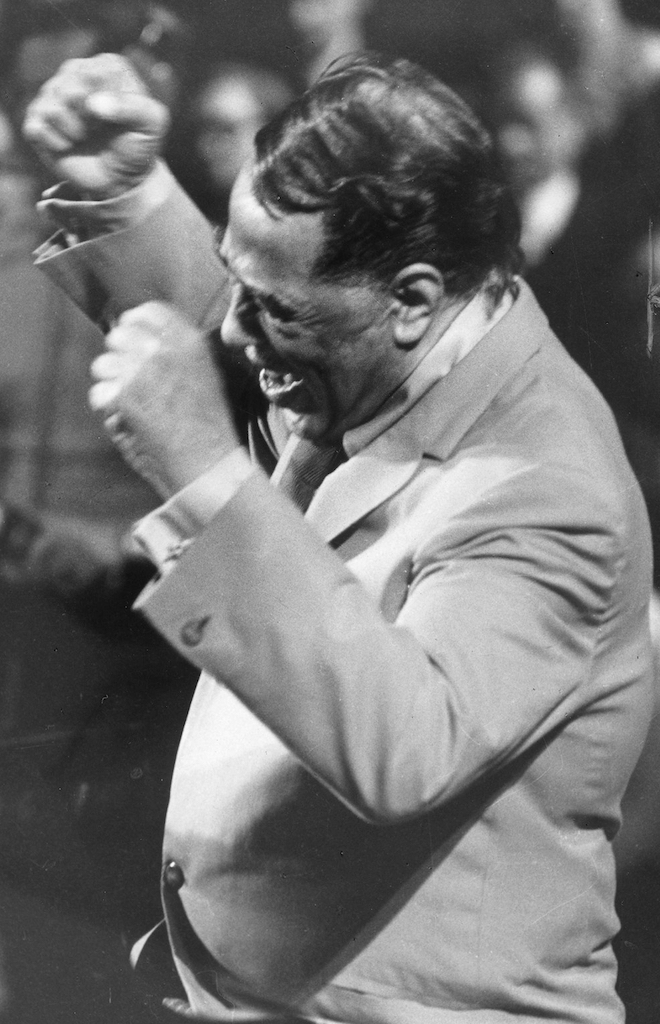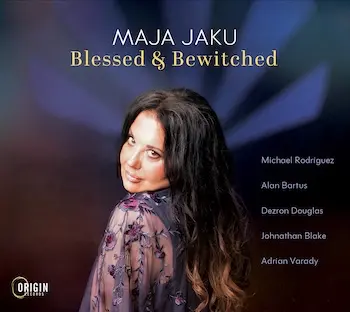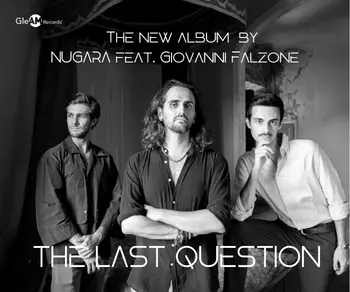The lucky few who attended the first house at the Free Trade Hall, Manchester for Duke’s concert were rewarded with a fine bonus in the shape of an extra half-hour’s playing by the band. ‘Mr. Ellington,’ announced his son Mercer, ‘has been unavoidably detained by an automobile breakdown – it’s easy enough to get to the moon these days, but the journey from Bristol to Manchester seems to present its own problems. However if you will bear with us, we would like to show you what we do on one of our dance dates.’
And so the handful of hardy Mancunians, plus of course that hard core of Ducal supporters who would certainly travel to the moon if called upon to do so, settled down to enjoy themselves. C Jam Blues with splendid clarinet by Russell Procope. Boodah with more clarinet, this time by Norris Turney. A fragile, legato Laura by a very much in form Paul Gonsalves. An entirely new-styled Mellow Tone with Cootie and Johnny Hodges of the ancien regime vying for honours. And finally a long but unnamed blues led by Wild Bill Davis at the organ. The ensembles here sounded full of fire, and there was one lovely passage for two tenors, clarinet, alto, baritone and flute. Wild William is the most unobtrusive organist. All the time he plays with a straightforward, no nonsense swing, but he keeps his machine so well under control that he is able to remain a separate voice. Far too many organists play so loudly that their protagonists are drowned in a welter of sound in the process. But W.B.D. performs with this band as a kind of rhythm raft upon which the soloists float in the maximum of comfort. It is nice to hear.
It’s gay and lilting and the final all-in rideout leaves one with no doubt that the Ellington band swings the most
Somewhere around 7 o’clock the Duke arrived and with hand on throat strode on the stage to be greeted by a flurry of curtsies from his loyal band. A long piano solo into another, but quite different, C Jam led to a very groovy Rockin’ In Rhythm. This was originally a theme for the saxophones in simple rondo form, but now we have a fine new passage for three altos, two tenors and clarinet (Carney this time), with the usual in-between intervals tor trumpet and trombone. It’s gay and lilting and the final all-in rideout leaves one with no doubt that the Ellington band swings the most. A Train gets up steam these days as a waltz played by Duke, and builds to a startling trumpet climax by Cootie Williams. Nothing very ambitious, but it all swings, and those tonal colours, as always, take one by surprise. ‘And now,’ quoth Duke, ‘it is time for overindulgence, in an overindulgent manner – or in other words, Paul Gonsalves will overindulge himself on what is sometimes called Tenor Saxophonic Calisthenics.’ Paul duly obliged.
The first new composition of the evening came with 4.30 Blues, a blues in the lovely old Ellington manner. Played by Russell Procope, with bass clarinet backing from Harry Carney, it was a fine example of the clarinettist’s art, showing perfect control in all registers, and a keen sympathy between soloist and leader on piano. Cat Anderson’s contribution was heralded by a bi-lingual introduction from Duke including something which sounded like pigeon-American, if such a thing exists. Cat’s horn playing has always been one of the seven wonders of jazz, he being the only high note man who doesn’t screech. These days he would seem to have done the impossible by improving upon his already enormous range. In middle register his tone is full and warm and when he climbs up top, the notes are as clean and rounded as frozen rain on a window in winter. Johnny Hodges, paying as much attention as usual, gave us a trio of solo features. A new, lovely sounding Black Butterfly, a wildly swinging Things Ain’t, and another new blues, Lay It On Mellow. A simple melody in the usual ‘Rab’ pattern, it was handled with extreme adroitness. Hodges never loses a chance to score, blowing those full, mellow, buttery phrases which may sound sentimental but which are always cored with that hard jazz inflection. His use of spaces to intensify what has gone before is, as is indeed all he does, unique to the man himself.
But Duke has always had an uncanny intuition for sensing the vital capabilities of any musician he has hired through the years. Another case in point being Norris Turney, a saxophonist of note. Duke has created for him the correct backing and mood, so that he cannot fail to give of his best. Listening to him playing Fife it is difficult not to be convinced that he is the greatest flautist ever to play a jazz note. It may not be true, but Duke’s presentation of him makes you think that way. As a tenor soloist he was also featured in In Triplicate (an extension of Diminuendo In Blue), the final blow of the evening. He showed himself as a strong blowing, unromantic player and a wonderful foil to the more subtle improvisations of the excellent Harold Ashby and the more personal methods of Paul Gonsalves. It was a fitting end to a great concert.
Sinclair Traill




